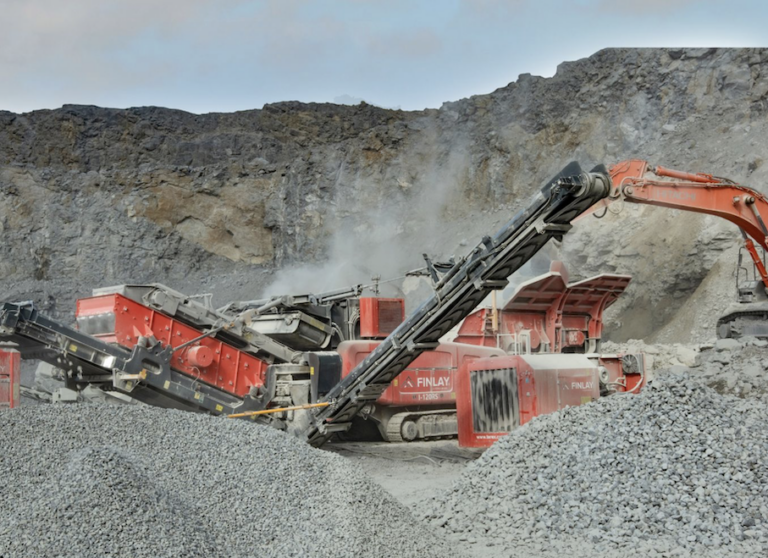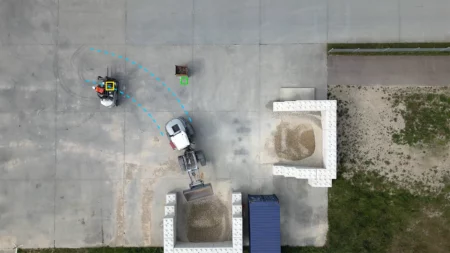Finlay, a global leader in mobile crushing, screening, and conveying equipment, is set to unveil new electric variants of the I-120RS impact crusher and the 883+ scalping screen at Hillhead 2024.
These models will be showcased in the working demonstration area, featuring electric-powered technology that enables operation from either a mains electric power supply or a secondary source such as a genset. The live demonstrations will be powered by the new Finlay TG500 Genset, driving both machines efficiently and sustainably.
With a legacy of engineering excellence spanning over six decades, Finlay is proud to demonstrate a commitment to carbon emission reduction and sustainability through technological innovation. The electrification of these industry leading machines represents an ongoing effort to offer environmentally friendly solutions—without compromising on performance or reliability.
“We are excited to unveil our latest electric equipment at Hillhead 2024,” said Matt Dickson, business line director for Finlay. “The features integrated into these electric machines will empower customers to achieve their sustainability objectives while maintaining the mobility and ease of movement that are hallmarks of our equipment.”
The electric Finlay I-120RS provides the flexibility of a mobile impact crushing and screening plant on one platform. The on-board innovative quick detach 3.66m x 1.53m (12’ x 5’) two deck screen ensures a quality cubical product. For applications not requiring re-circulation of materials for further processing or stockpiling the complete screening and recirculating system can be quickly detached from the plant.
The electric Finlay 883+ heavy-duty scalper is designed to work in primary and secondary screening applications such as quarry and mining, iron ore, construction demolition waste, sand, gravel, compost, topsoil, and coal.
“By adopting electric-powered mobile crushing and screening equipment, customers not only achieve environmental benefits but also gain financial and operational advantages as well,” concludes Dickson. “It also future-proofs their investments as the industry moves towards more sustainable practices—making them a forward-thinking and responsible choice for operators.”





